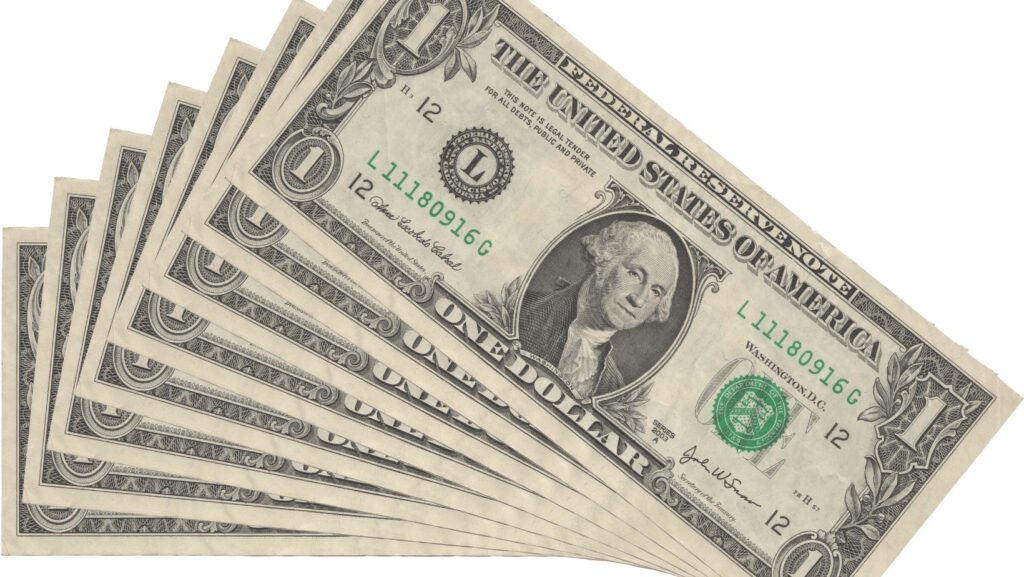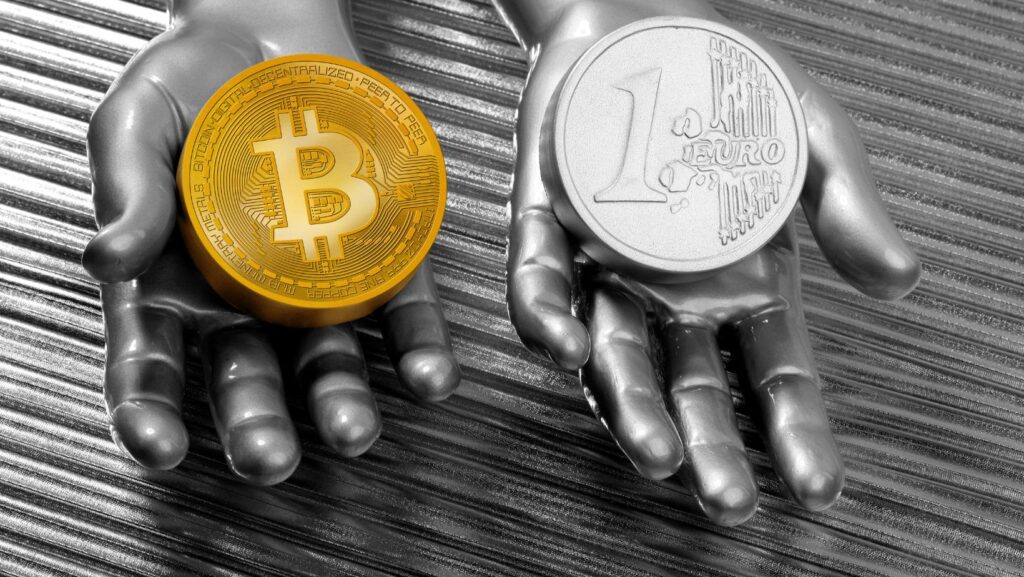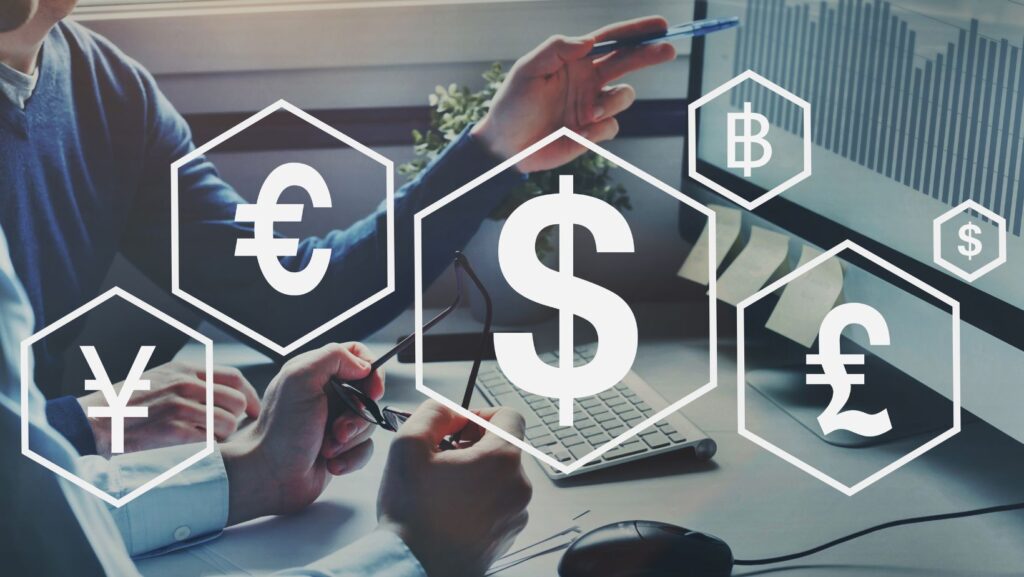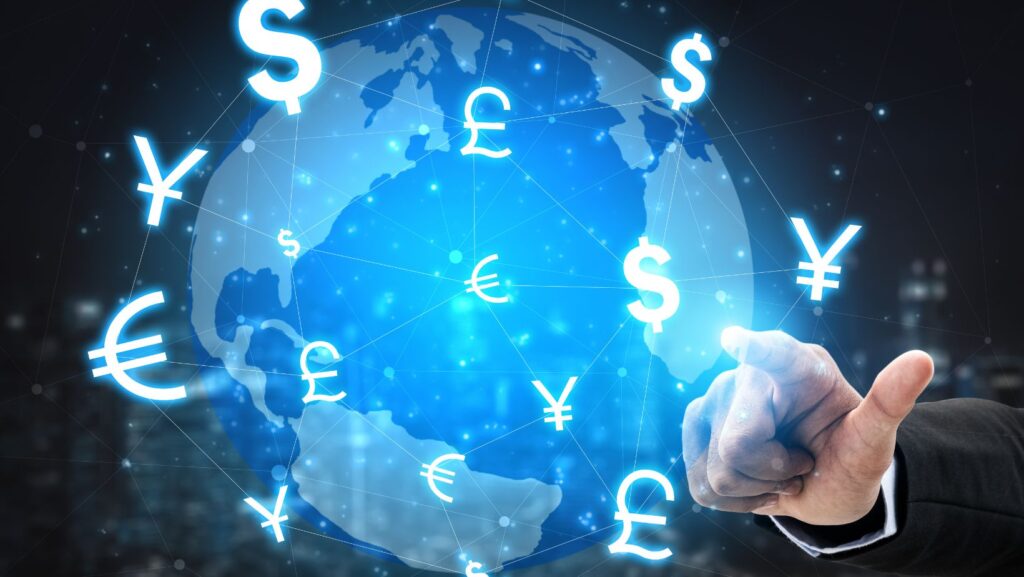
Money Vs Currency
As we delve into the intricacies of money vs currency, it’s crucial to understand the fundamental differences between these two concepts. Money is a broader term encompassing various assets used for transactions, such as coins, paper bills, and digital forms like bank deposits. On the other hand, currency refers specifically to a system of money in general circulation within a particular country.

When considering money vs currency, one key distinction lies in their inherent value. Money typically holds its worth over time due to factors like stability and widespread acceptance. In contrast, currency, such as the exchange rate of USDT to AUD, derives its value from governmental regulation and may fluctuate based on economic conditions or geopolitical events.
In today’s global economy, the distinction between money vs currency becomes even more pronounced with the rise of cryptocurrencies like Bitcoin. These digital assets operate independently of traditional banking systems, challenging conventional notions of both money and currency.
Understanding Money and Currency
When delving into the realm of finance, it’s crucial to grasp the distinction between money and currency. While these terms are often used interchangeably, there are fundamental variances that shape how we perceive and utilize them.

Money:
Money embodies a broader concept than mere currency. It encompasses all assets that hold value and can be used for transactions, investments, or as a store of wealth. Fiat currency, such as dollars or euros, is just one form of money. Gold, silver, real estate, stocks, and bonds also fall under the category of money since they retain worth over time.
Currency:
Currency specifically refers to the standardized form of money issued by governments or central banks for transactions within an economy. Fiat currencies have no intrinsic value and derive their worth from governmental decree. They function primarily as a medium of exchange but do not necessarily hold enduring value outside their designated territories.
Key Differences:
- Intrinsic Value: While traditional forms of money like gold may have intrinsic worth due to scarcity or utility, fiat currencies rely solely on societal trust.
- Durability: Physical cash is subject to wear and tear whereas digital currencies like Bitcoin offer enhanced durability.
- Portability: The ease with which currency can be carried across borders compared to bulkier forms of money impacts its practicality for global transactions.
By understanding these nuances between money and currency, individuals can make more informed financial decisions tailored to their objectives and risk tolerance levels.
| Aspects | Money | Currency |
| Intrinsic Value | Backed by tangible assets | Relies on government decree |
| Portability | Varied (e.g., gold vs land) | Uniform within economies |
| Stability | Subject to market forces | Governed by monetary policy |
As we navigate through economic landscapes fluctuating between various forms of monetary instruments, discerning the essence behind money versus currency becomes pivotal in navigating financial intricacies effectively.
Key Differences Between Money and Currency
When it comes to understanding the distinctions between money and currency, it’s crucial to grasp their unique roles and characteristics in the financial world. Let’s delve into the key disparities that set these two terms apart:

Store of Value
- Money: It serves as a long-term store of value, retaining its purchasing power over time.
- Currency: While used for transactions, it may not hold its value well due to inflation or economic instability.
Medium of Exchange
- Money: Widely accepted as a medium of exchange for goods and services both now and in the future.
- Currency: Primarily functions as a current medium of exchange within a specific geographic area or economy.
Unit of Account
- Money: Used to measure value consistently across various goods and services.
- Currency: Typically limited to its designated region for pricing purposes.
Considering these fundamental differences, individuals can better discern how money and currency play distinct yet interconnected roles in our daily financial interactions. By recognizing their respective strengths and limitations, one can make more informed decisions regarding wealth management and economic transactions.
